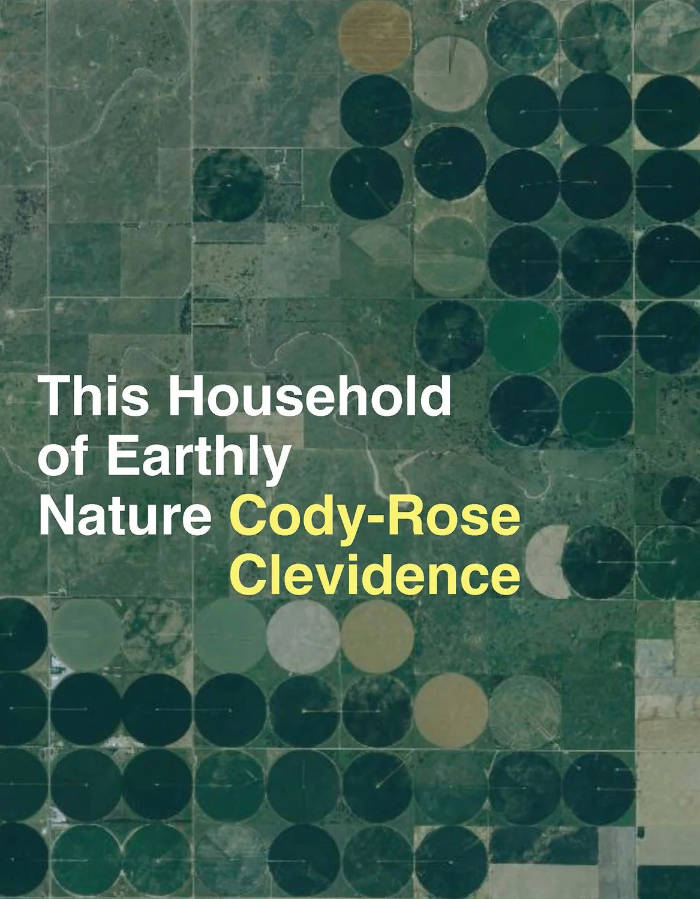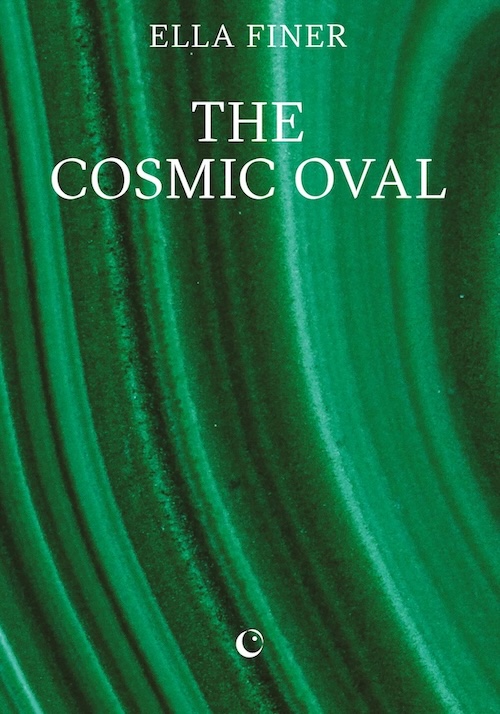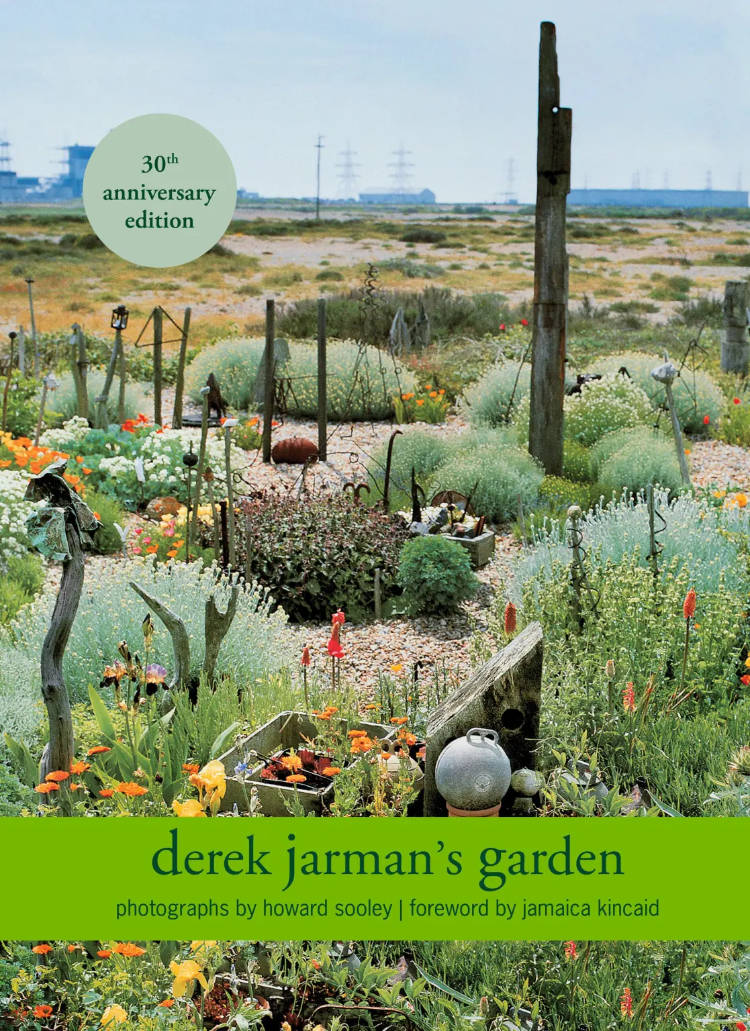
Spatial Folders #1
Kris Dittel ed., Golnar Abbasi ed.
This publication is the first issue of ‘Spatial Folders’, a thematic periodical that is produced by the faculty of Master Interior Architecture: Research and Design (MIARD) program at Piet Zwart Institute, Willem de Kooning Academy in Rotterdam. It is composed of a selection of graduation theses alongside contributions by guest authors that focus on urgent socio-cultural, socio-political, and ecological issues that affect the (built) environment and its representation regimes.
This first issue focuses on extraction and extractivism that characterises the power structures that make our worlds and their historicities. Across time extraction processes have been making and changing the spaces of the world through displacement of bodies and matter, from within and across the earth. At the same time, these processes establish epistemologies and forms of representation that articulate extraction as natural or inevitable within the frameworks of anthropocentrism, capitalism, colonialism, racism, or hetero-reproductivism.
This collection of texts approaches the question of extraction from a variety of spatial perspectives. The contributions zoom in to specific sites, cases, and areas of interest while providing a critical analysis of various networks of power and influence across time and space. These works do not turn away from the material aspect of extraction but rather closely trace the spatial and material conditions and consequences of extraction in the case of oil, hormones, milk, wood, and water, among others.
With Kris Dittel, Golnar Abbasi, Eva Garibaldi, Shiila Infriccioli, Natasha Marie Llorens, Jane Rendell, Shonali Shetty, Alex Augusto, Suárez Agnes Tatzber, Elien Vermoortel, Dominique Willis, Clementine Edwards, Zoraïma Hupkes
Design by Dongyoung Lee






